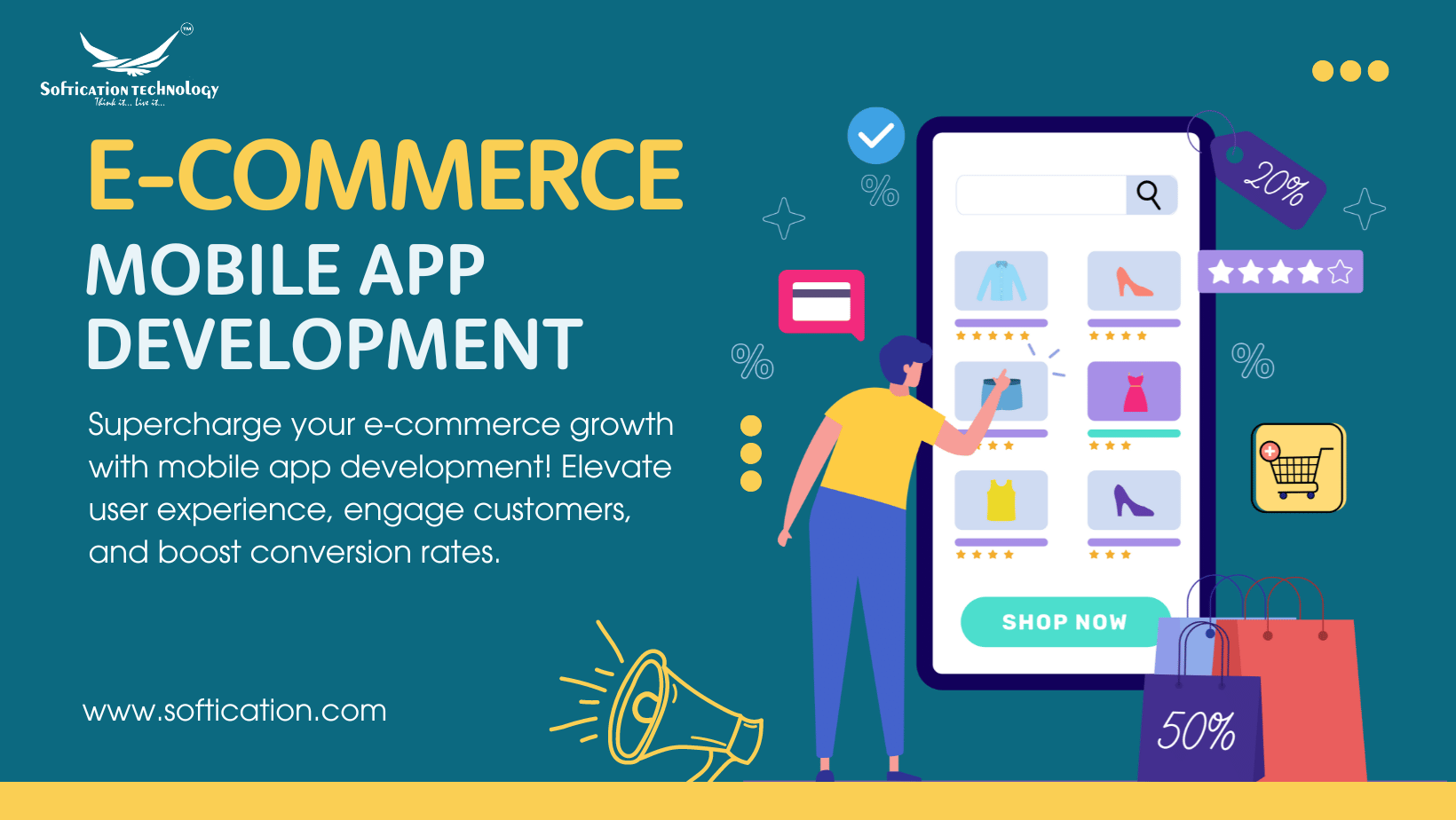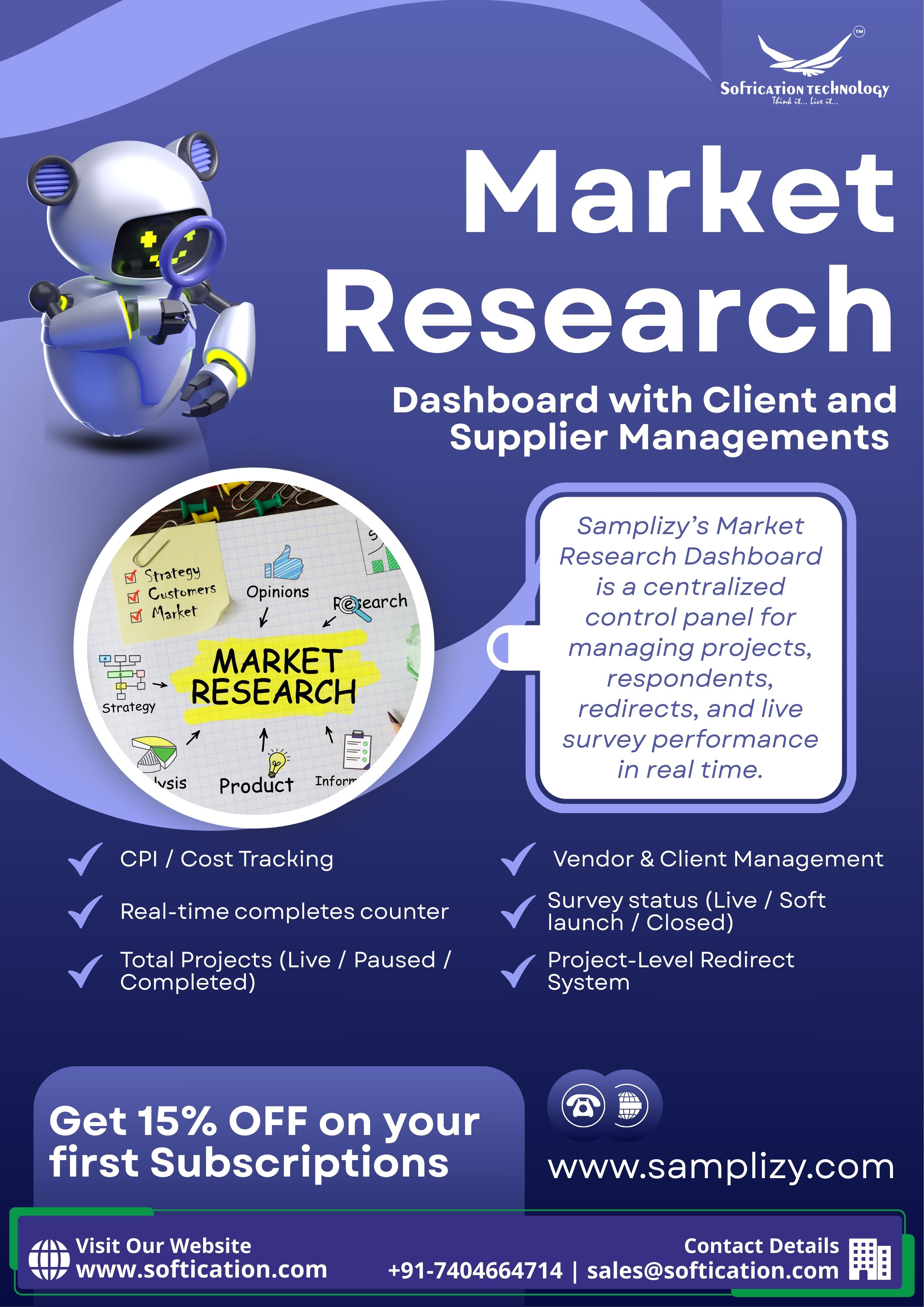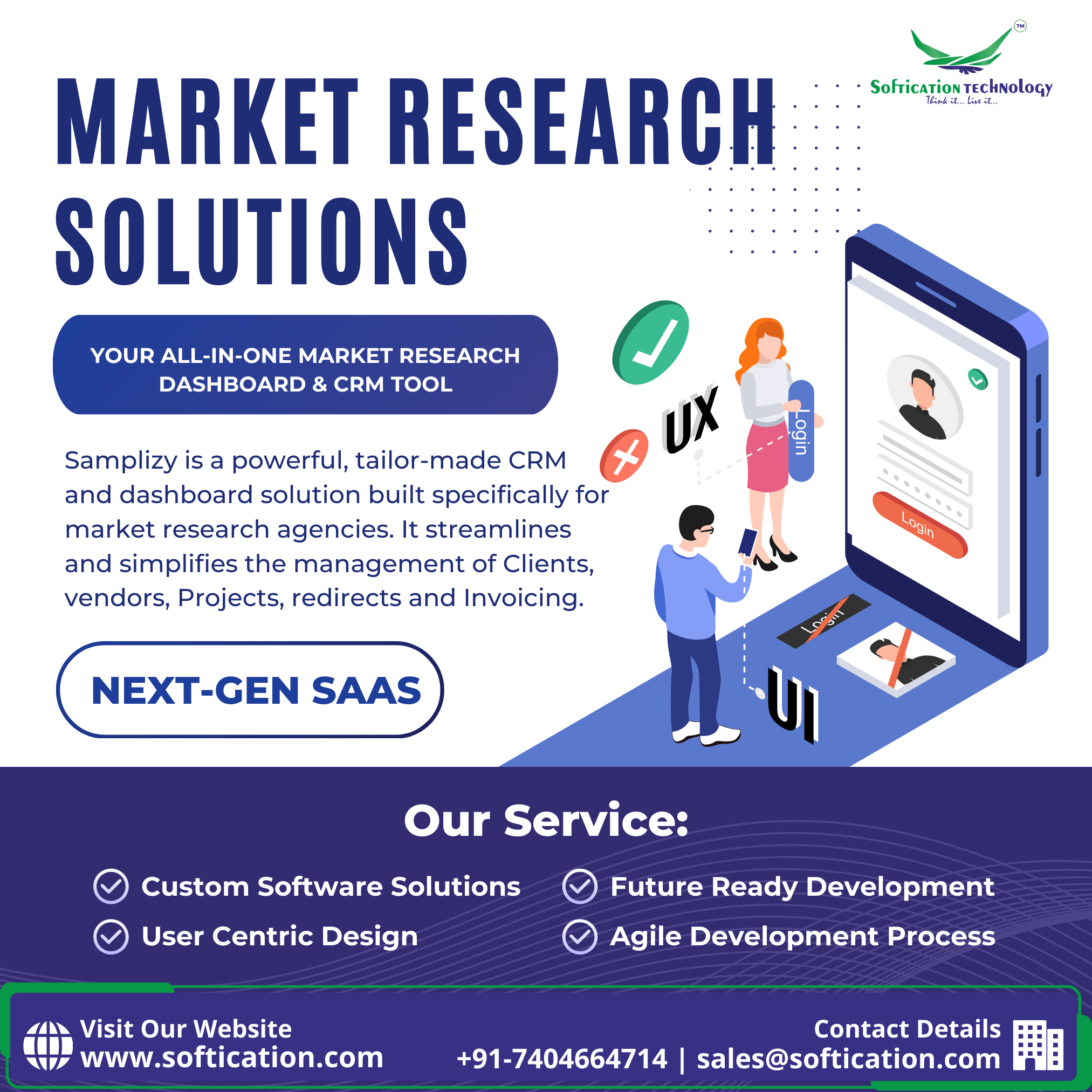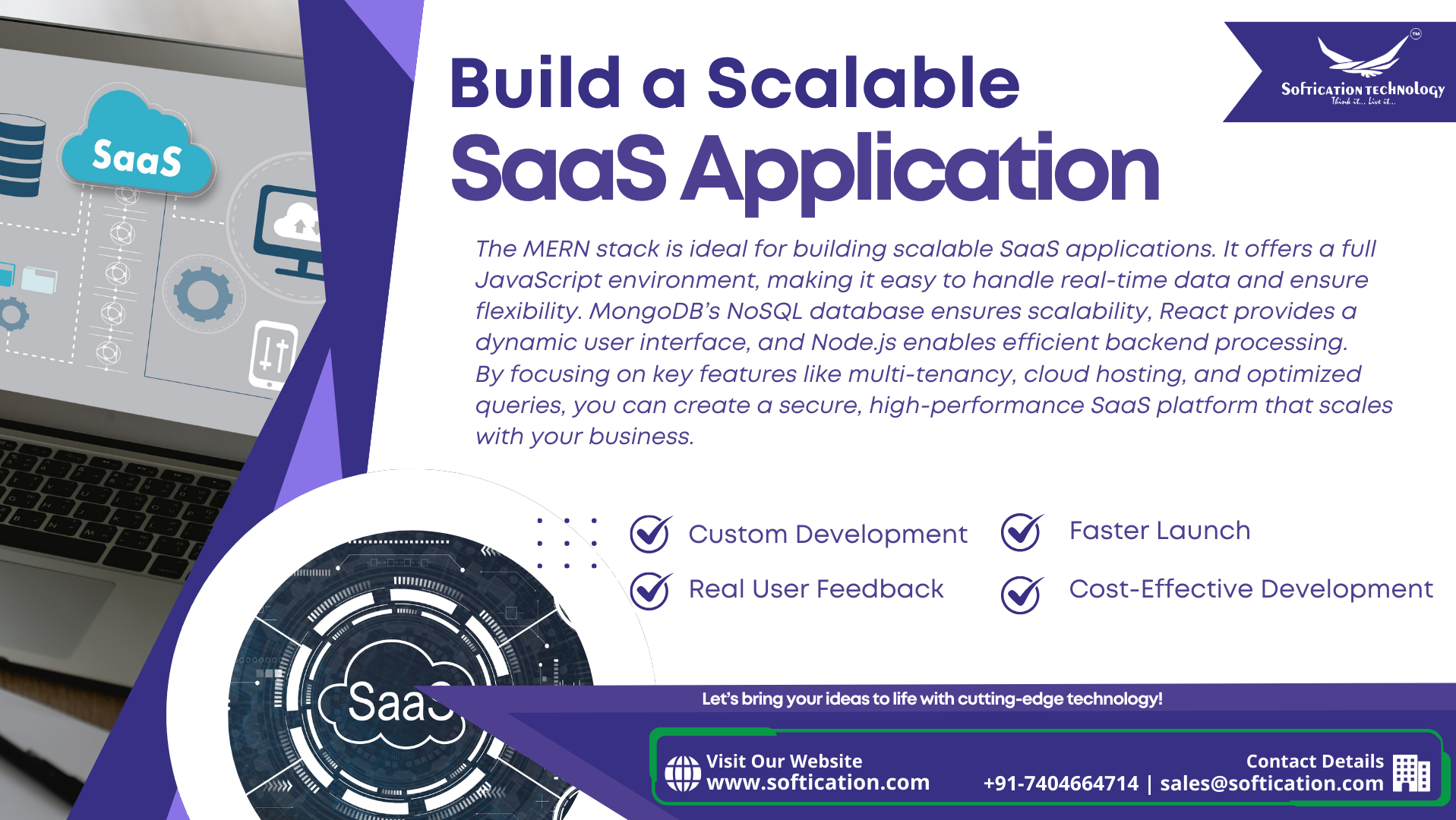The Rise of E-commerce
In recent years, e-commerce has experienced exponential growth, transforming the way businesses operate and consumers shop. The convenience and accessibility of online shopping have made e-commerce an integral part of the retail industry. Let's explore the growing importance of e-commerce and the role of mobile apps in driving its growth.
The Growing Importance of E-commerce
E-commerce has become increasingly important for businesses of all sizes. With the rise of internet usage and advancements in technology, consumers now have access to a vast array of products and services at their fingertips. The convenience of shopping online, the ability to compare prices, and the availability of customer reviews have revolutionized the retail landscape.
Businesses that embrace e-commerce have the opportunity to reach a wider audience, expand their customer base, and increase their revenue. By establishing an online presence, businesses can break free from geographical limitations and cater to customers around the clock. E-commerce also provides businesses with valuable data and insights that can be used to improve marketing strategies, inventory management, and customer experiences.
The Role of Mobile Apps in E-commerce Growth
Mobile apps have played a significant role in the growth of e-commerce. With the widespread use of smartphones and tablets, consumers can now shop on the go, anytime and anywhere. Mobile apps offer a seamless and personalized shopping experience, making it easier for customers to browse products, make purchases, and engage with brands.
One of the key advantages of mobile apps is their ability to enhance the user experience. Mobile apps provide a user-friendly interface, optimized for smaller screens, ensuring smooth navigation and effortless product browsing. They also offer features such as personalized recommendations, push notifications, and easy checkout options, which contribute to increased customer engagement and improved conversion rates.
Moreover, mobile apps allow businesses to leverage mobile-specific functionalities, such as geolocation and mobile payments, to create a more tailored and convenient shopping experience. By integrating with other e-commerce systems like inventory management and order management, mobile apps streamline the entire customer journey, from browsing to delivery.
To leverage the full potential of mobile apps in e-commerce, businesses should consider partnering with a reliable e-commerce development agency. These agencies specialize in creating customized mobile apps that align with the unique requirements and goals of businesses. Thorough research, evaluation of portfolios, and client testimonials can help businesses choose the right e-commerce mobile app development agency for their needs.
As we delve deeper into the benefits of mobile app development for e-commerce, we will explore how enhanced user experience, increased customer engagement, and improved conversion rates contribute to the success of businesses in the digital age.
Benefits of Mobile App Development for E-commerce
In the digital era, mobile apps have become an integral part of the e-commerce landscape, offering numerous benefits to businesses. Regarding e-commerce, mobile app development provides enhanced user experience, increased customer engagement, and improved conversion rates.
Enhanced User Experience
Mobile apps offer a more seamless and personalized user experience than traditional websites. With a mobile app, customers can browse products, make purchases, and access account information with just a few taps on their smartphones. The intuitive and mobile-optimized interface of the app ensures smooth navigation and quick loading times, enhancing the overall user experience.
Mobile apps also enable businesses to leverage features like push notifications and in-app messaging to provide real-time updates, personalized recommendations, and exclusive offers to users. Businesses can build stronger relationships and foster loyalty by tailoring the app experience to individual customer preferences.
Increased Customer Engagement
Mobile apps provide an avenue for businesses to engage with their customers more directly and interactively. Through features like product catalogs, reviews and ratings, wish lists, and social sharing, customers can actively participate in the shopping experience. This increased engagement can lead to higher customer satisfaction and a deeper connection with the brand.
Additionally, mobile apps enable businesses to implement loyalty programs, rewards, and gamification elements to incentivize customer engagement. By offering exclusive discounts, points, or virtual badges, businesses can encourage repeat purchases and foster a sense of loyalty among customers.
Improved Conversion Rates
One of the key advantages of mobile apps for e-commerce is their ability to streamline the purchasing process, leading to improved conversion rates. With features like saved payment information, one-click checkout, and integration with digital wallets, mobile apps make it easier and faster for customers to complete their purchases. The simplified and secure checkout process reduces friction, and cart abandonment, and increases the likelihood of conversions.
Moreover, mobile apps can leverage advanced analytics and data tracking to gain insights into user behavior and preferences. This data can be used to optimize the app's user interface, product recommendations, and marketing strategies, further enhancing the conversion rates.
By investing in mobile app development for e-commerce, businesses can unlock these benefits and stay ahead in the competitive landscape. However, it's important to choose a reliable e-commerce development agency with expertise in mobile app development to ensure a seamless and successful implementation.
Key Features of E-commerce Mobile Apps
E-commerce mobile apps play a vital role in enhancing the overall shopping experience for customers. These apps offer a range of features designed to make product browsing, checkout, and personalized recommendations seamless and convenient. Let's explore some key features that make e-commerce mobile apps stand out:
Seamless Product Browsing and Search
E-commerce mobile apps provide users with a smooth and intuitive browsing experience. With features like advanced search filters, sorting options, and personalized recommendations, customers can easily find the products they are looking for. The app's interface should be visually appealing and user-friendly, allowing customers to navigate effortlessly through different categories and product pages.
To enhance the browsing experience, consider implementing features such as image zoom, product details, customer reviews, and related product suggestions. By providing comprehensive product information and easy navigation, you can keep customers engaged and encourage them to explore more of your offerings.
Easy Checkout and Payment Options
A streamlined and hassle-free checkout process is essential for converting potential customers into buyers. E-commerce mobile apps should offer a simple and intuitive checkout flow, minimizing the number of steps required to complete a purchase. Features like guest checkout, saved payment methods, and auto-fill address options can significantly enhance the checkout experience.
Integrating various payment options, such as credit cards, digital wallets, and mobile payment services, provides customers with flexibility and convenience. By offering a range of payment options, you can cater to different customer preferences and increase the likelihood of successful purchases.
Personalized Recommendations and Notifications
Personalization is a key aspect of e-commerce mobile apps that can enhance customer engagement and retention. By leveraging customer data and preferences, apps can provide personalized product recommendations based on past purchases, browsing history, and demographic information. These recommendations can guide customers towards relevant products, increasing the chances of making additional purchases.
In addition to personalized recommendations, e-commerce mobile apps can also send push notifications to keep customers informed about new product arrivals, discounts, and special promotions. These notifications can help drive customer engagement and increase the likelihood of repeat purchases.
By incorporating these key features into your e-commerce mobile app, you can provide a seamless and enjoyable shopping experience for your customers. Remember, it's important to regularly analyze user behavior and feedback to refine and optimize these features for continuous improvement. For more information on e-commerce solutions and services, check out our article on e-commerce development agency.
Mobile App Development Process for E-commerce
Developing a mobile app for your e-commerce business requires careful planning and execution. The process involves several key stages, including defining goals and objectives, designing and prototyping, and development and testing. Let's explore each stage in detail.
Defining Goals and Objectives
Before diving into mobile app development, it's crucial to define clear goals and objectives. This involves understanding your target audience, identifying the purpose of the app, and determining the specific features and functionalities you want to incorporate. Consider factors such as user experience, seamless navigation, and integration with your existing e-commerce systems.
During this stage, it's also important to conduct market research and competitor analysis. Identify the trends in the e-commerce industry and analyze the strategies used by successful e-commerce businesses. This research will help you refine your goals and make informed decisions throughout the development process.
Designing and Prototyping
Once the goals and objectives are established, the next step is designing and prototyping the mobile app. This stage involves creating wireframes and mockups to visualize the app's layout, user interface, and user experience. The design should align with your brand identity and provide an intuitive and visually appealing interface for your users.
Consider factors such as color schemes, typography, and the placement of elements to optimize the user experience. It's important to ensure that the design is responsive and compatible with different screen sizes and devices.
Prototyping allows you to test the app's functionality and gather feedback from stakeholders and potential users. This feedback can help refine the design and make necessary adjustments before moving forward with development.
Development and Testing
Once the design is finalized, the development phase begins. This involves coding and programming the app according to the defined goals and design specifications. It's essential to choose a development approach that suits your requirements, whether it's native app development, hybrid app development, or progressive web app development.
During the development process, it's important to prioritize factors such as app performance, security, and integration with other systems, such as payment gateways and inventory management systems. Regular testing is crucial to identify and fix any bugs or issues that may arise.
Thorough testing should be conducted on different devices and operating systems to ensure compatibility and a seamless user experience. This includes functional testing, compatibility testing, performance testing, and usability testing. User feedback and beta testing can also provide valuable insights for further improvements.
By following a well-defined mobile app development process, you can create a powerful and user-friendly e-commerce app that enhances customer experience, boosts customer engagement, and ultimately drives business growth. Remember to partner with a reputable e-commerce development agency to ensure a smooth and successful development journey.
Choosing the Right E-commerce Mobile App Development Agency
When it comes to developing a mobile app for your e-commerce business, choosing the right development agency is crucial for success. Here are some key factors to consider during the selection process:
Research and Evaluation
Conduct thorough research to identify potential e-commerce mobile app development agencies. Look for agencies that specialize in e-commerce app development and have a proven track record of delivering high-quality projects. Consider factors such as their experience, expertise, and the technologies they employ.
During the evaluation process, pay attention to the agency's portfolio, case studies, and previous projects. This will give you insights into their capabilities, design aesthetics, and the types of e-commerce apps they have developed. Look for examples that align with your business goals and target audience.
Portfolio and Case Studies
The agency's portfolio and case studies provide valuable information about their expertise and the quality of their work. Assess their portfolio to determine if they have experience in developing mobile apps for e-commerce businesses similar to yours. Look for innovative design, user-friendly interfaces, and seamless functionality. Additionally, consider the diversity of industries they have worked with to gauge their adaptability and versatility.
Case studies offer detailed insights into the agency's approach to solving specific challenges and their ability to meet client objectives. Look for case studies that showcase their problem-solving skills, successful project management, and the ability to deliver results within the specified timeline and budget.
Client Reviews and Testimonials
Client reviews and testimonials provide valuable feedback about the agency's performance and client satisfaction. Read reviews on reputable platforms, such as Clutch or Google, to gain insights into the experiences of previous clients. Look for reviews that highlight the agency's communication skills, responsiveness, and overall client-agency relationship.
Testimonials from clients can also provide a glimpse into the agency's strengths and areas of expertise. Positive testimonials can instill confidence in their ability to deliver high-quality e-commerce mobile apps. However, ensure that you consider a range of reviews to get a comprehensive understanding of the agency's reputation.
By thoroughly researching, evaluating portfolios and case studies, and reviewing client feedback, you can make an informed decision when choosing an e-commerce mobile app development agency. Remember to consider your specific requirements, budget, and timeline to find the agency that aligns best with your business goals.











